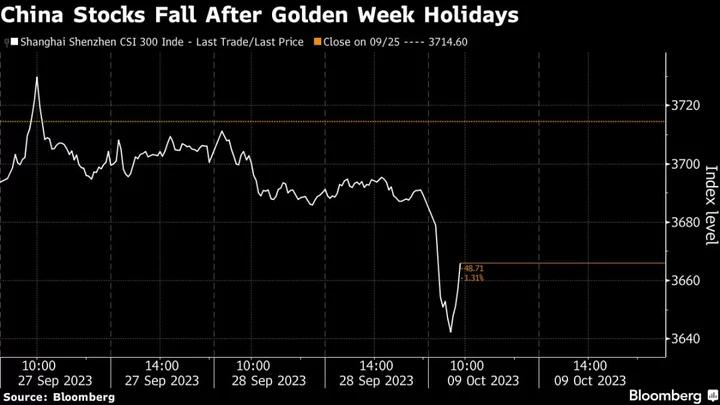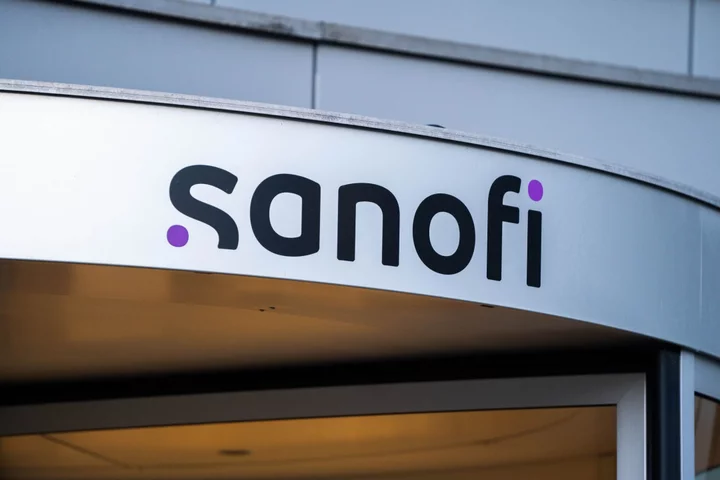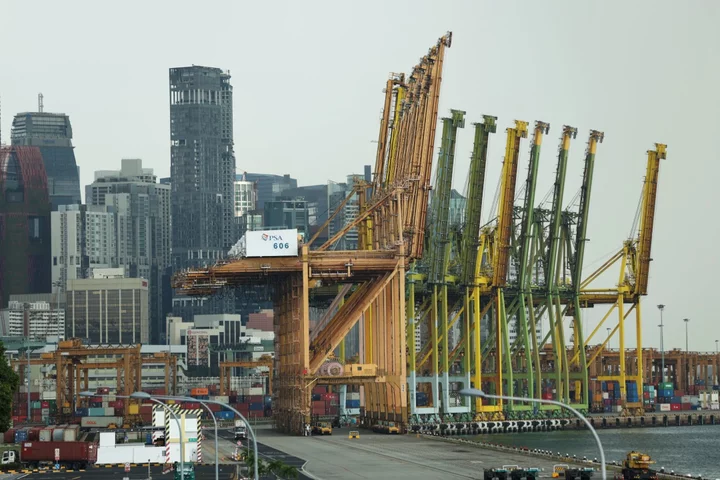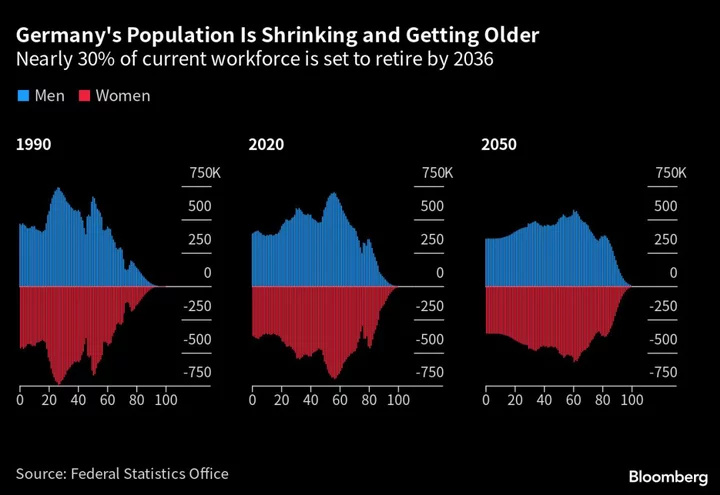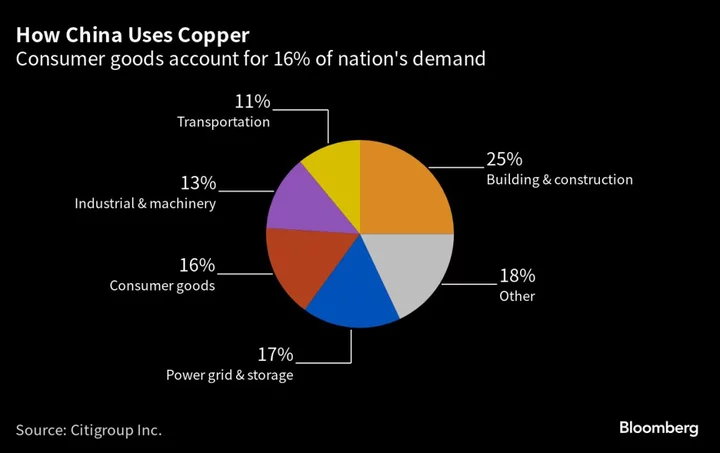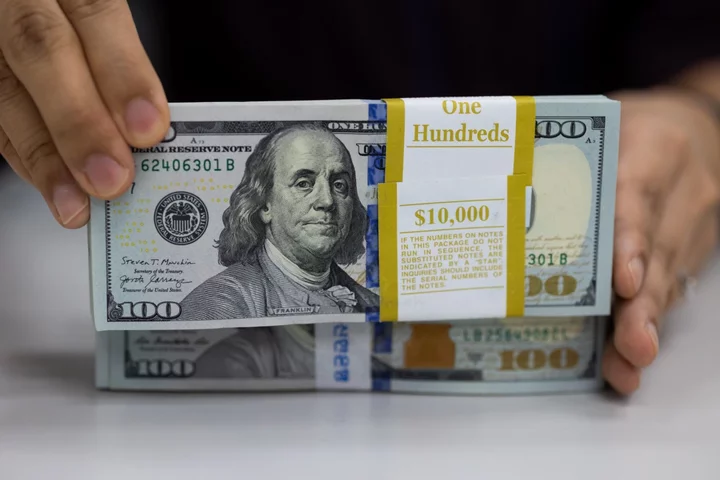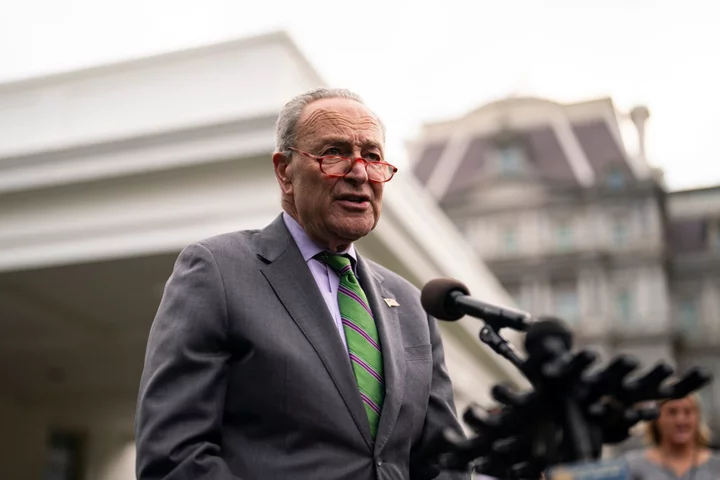Chinese stocks edged lower as traders returned from the Golden Week holidays, with tourism data trailing some expectations and global uncertainties denting sentiment.
The CSI 300 Index dropped as much as 1.3% on Monday, its first trading session in more than a week, before paring more than half of the losses. Much has happened overseas while the mainland market was shut, with a Treasuries selloff roiling world markets and oil surging following Hamas’ surprise attacks on Israel over the weekend.
Tourism revenue from China’s Golden Week holiday jumped year-on-year to edge above its pre-Covid level, but still fell short of government estimates. Manufacturing and services data released during the break suggest the broader economy is far from roaring back, with the property market crisis showing little signs of abating.
Chinese equities are weighed by “a bit of negatives from couples of aspects” that include a slight miss in holiday spending numbers and the conflict in Israel, said Willer Chen, senior research analyst at Forsyth Barr Asia Ltd.
Travel and leisure related stocks slumped as some traders saw holiday data as disappointing. Airlines including Air China Ltd. and China Southern Airlines Co. fell more than 2%, while UTour Group Co. plunged more than 8%.
Overall, pessimism towards Chinese markets remains prevalent, with the CSI 300 Index down more than 5% this year and heading close to erasing all its gains from the reopening rally that took off in October 2022.
Property woes remain a top concern. Goldman Sachs Group Inc. analysts said while China is likely to roll out more housing easing measures in the next few quarters, the sector is still expected to see an L-shaped recovery in the coming years.
Past stock market performances after the Golden Week holidays were mixed. The CSI benchmark slid 2.2% in the first trading session after the break last year, while it rose 1.3% on its return in 2021.
Trading in Hong Kong was suspended for Monday’s morning session due to Typhoon Koinu.
“It’s sort of tricky to call [the market] at this point because the external environment has been very complicated,” Hao Hong, chief economist at Grow Investment Group, said in a Bloomberg TV interview. “There are pluses and minuses, so for a trader, he or she may find it a little difficult to trade the overall index.”
--With assistance from Zhu Lin.

